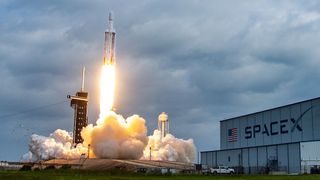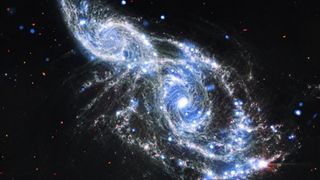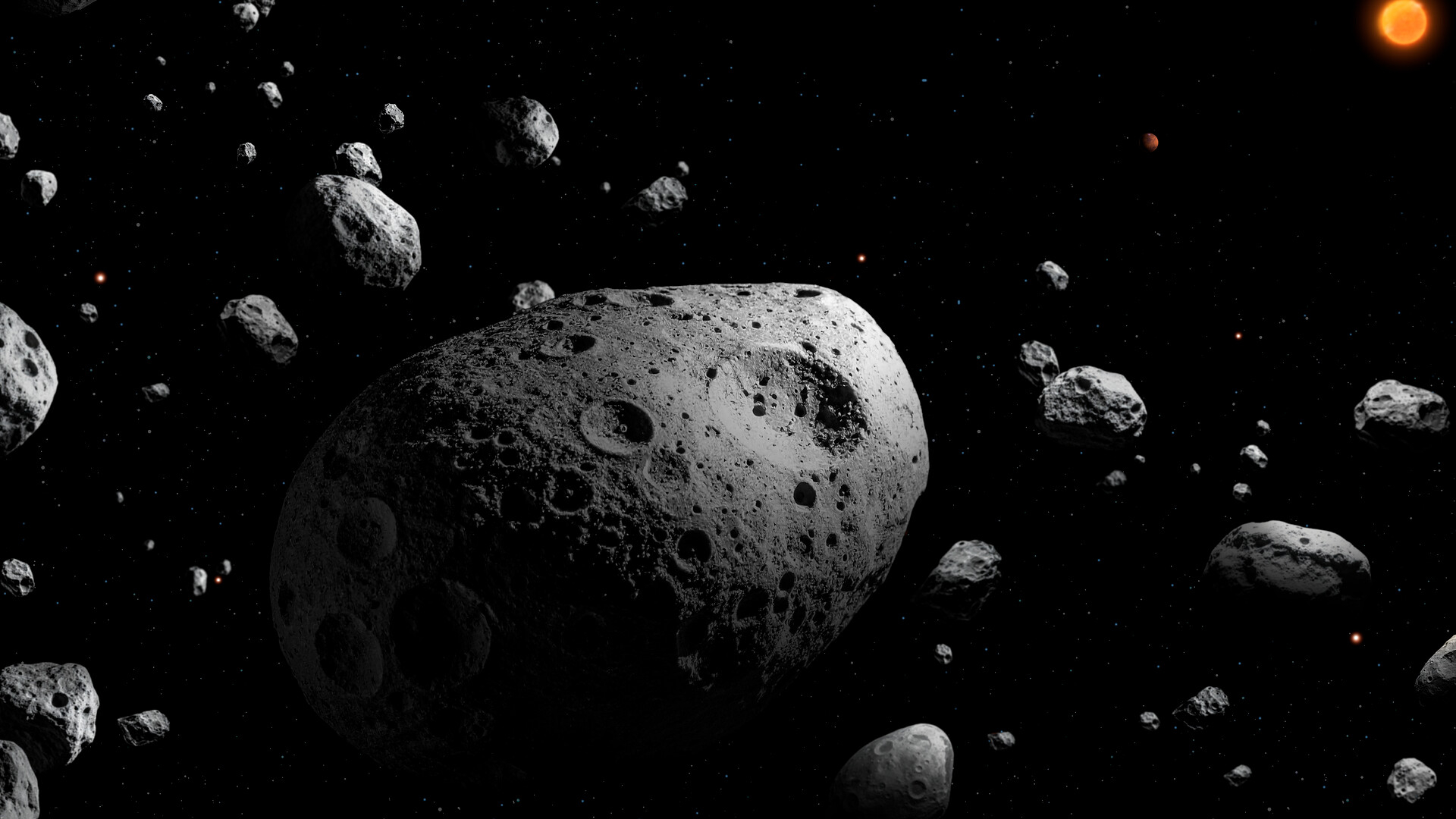News
Latest News
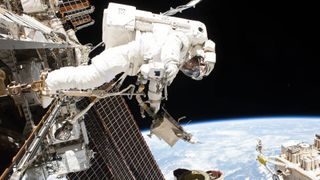
How does NASA handle astronaut medical issues in space?
By Josh Dinner published
NASA just postponed a spacewalk because of a medical concern with an astronaut. Here's how the agency has handled such issues in the past.
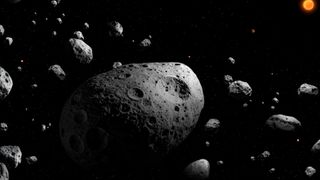
Vera Rubin Observatory discovers fastest spinning asteroid ever and its huge!
By Mike Wall published
The Vera Rubin Observatory has found 19 new "superfast rotator" asteroids, including the fastest-spinning big space rock ever found.
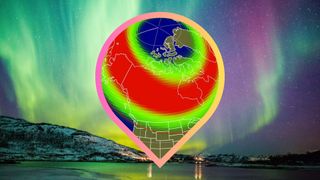
Northern lights may be visible in 12 states tonight
By Daisy Dobrijevic published
Auroras may be visible from Alaska to New York as incoming coronal mass ejections and high-speed solar winds could trigger geomagnetic storms tonight.

The final 'Greenland 2: Migration' trailer is here, and it's got the '90s disaster movie vibes we've been craving (video)
By Jeff Spry published
Gerard Butler and Morena Baccarin return in an epic sci-fi survival sequel to 2020's surprise hit, "Greenland".

Former CEO of Google spearheads 4 next-gen telescopes — 3 on Earth and 1 in space
By Monisha Ravisetti published
"We're going to do it in three years, and we're going to do it for a ridiculously low price."

Stream Starfleet Academy and all the other top sci-fi shows coming in 2026 while traveling — and save money
By Rich Owen published
Deals Watch your favorite series just as you would at home with a huge 70% discount on the best VPN service overall.
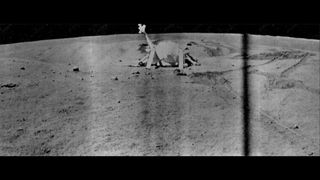
On this day in space: Jan. 8, 1973: Soviet Union launches 2nd lunar rover
By Hanneke Weitering last updated
On January 8, 1973, the Soviet Union launched the Luna 21 mission to land a rover on the moon.
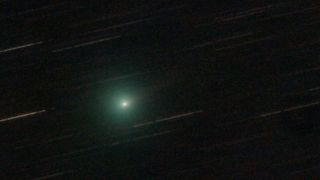
Comet 24P/Schaumasse makes its closest approach to the sun today: But will you be able to see it?
By Anthony Wood published
Solar system comets are often at their brightest as they draw close to the sun
Breaking space news, the latest updates on rocket launches, skywatching events and more!
